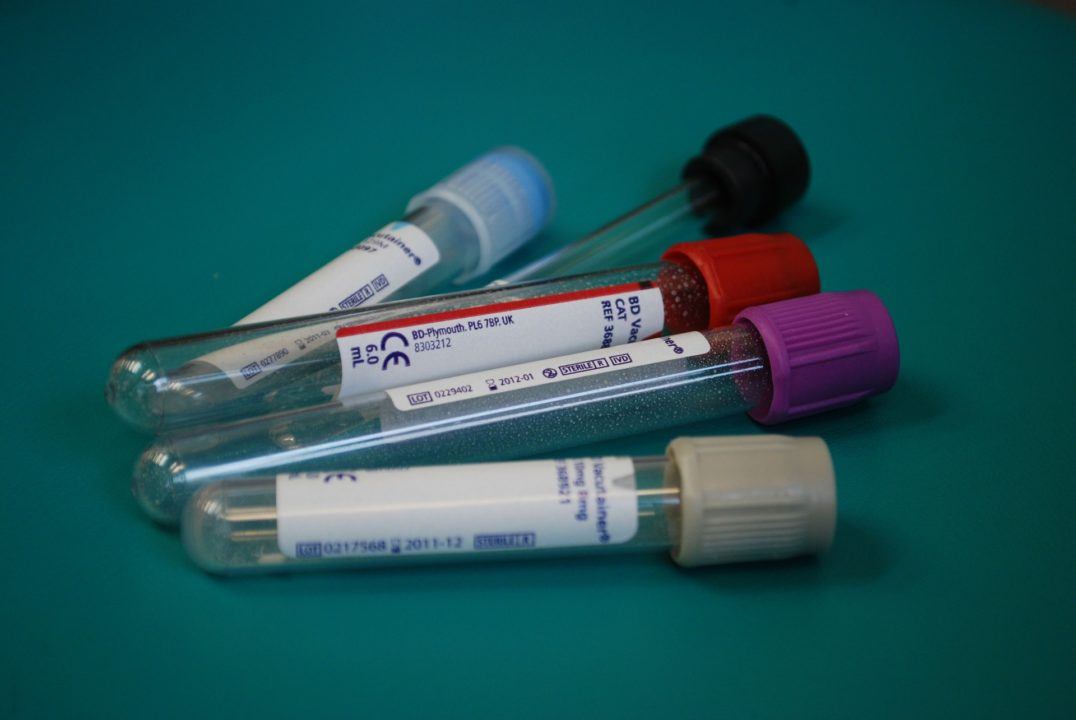It’s the Olympic year, and for high-level athletes, that means WADA‘s updated list of prohibited substances is now in effect. WADA‘s updated Code, however, doesn’t take effect until 2021.
The 2020 Prohibited List takes effect January 1, 2020, with some minor changes from 2019. We covered the changes a few months ago when the list was released, and you can read that story here. The two main changes are highlighted below:
- There was a change in wording under the ‘cannabinoids’ heading, outlawing all natural and synthetic cannabinoids except cannabidiol in-competition.
- There was another change in wording in the outlawing of ‘genetic doping.’ The new list expressly prohibits ‘gene editing, gene silencing and gene transfer technologies.’
You can view the 2020 WADA Prohibited List here.
WADA updates its list of prohibited substances every year. The changes aren’t often major, but have previously been big news. In 2016, WADA added meldonium to its banned list. But when many athletes – including Russian breaststroker Yulia Efimova – tested positive, there were questions about how long the substance could remain in an athlete’s body. Efimova and others claimed they stopped taking the substance in December of 2015, the last month it was legal, but trace amounts still remained in their anti-doping samples well into 2016. Many of those positive tests were ultimately waived.
Meanwhile WADA has also updated its Code, which is not typically done every year. We covered the changes to the new Code back in July, and you can read that story here. The new Code doesn’t go into effect until January of 2021.

Glad that WADA is monitoring caffeine, huge in-competition abuses are going undetected.